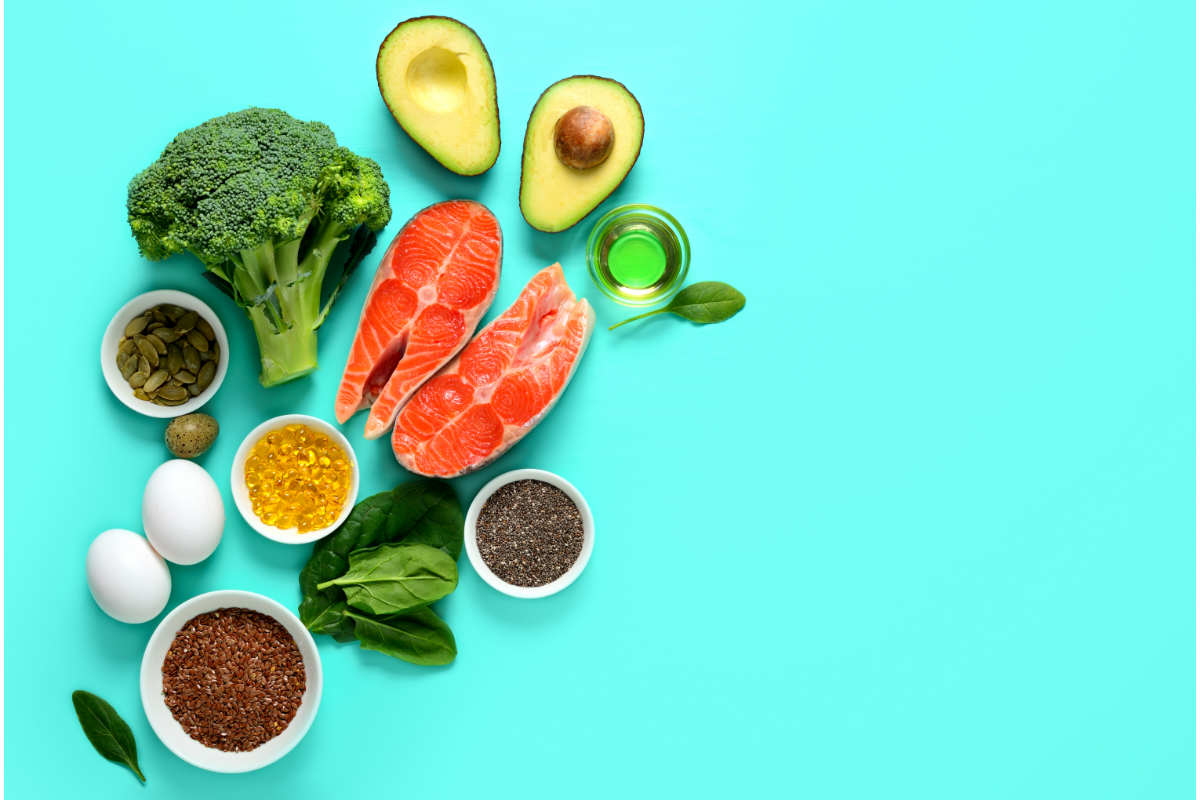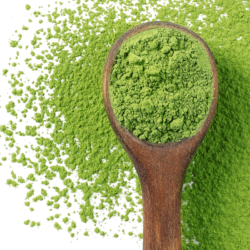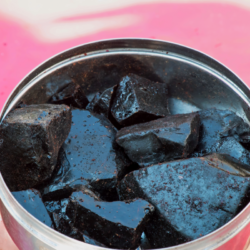If you are concerned about your heart health, eating a minimum of two portions of fish per week may have a beneficial influence on the risk of heart disease.
What is Omega 3?
Oily fish contains unsaturated fats which are called fatty acids or Omega 3. In fact, these Omega 3 fatty acids may be beneficial to heart health.
These fatty acids are believed to be able to lower inflammation throughout the body. Since high levels of inflammation can degrade the heart and lead to heart disease blood vessels and lead to heart disease, it is important to consume Omega 3 in the form of food supplements if the weekly consumption of fatty fish is not sufficient, it is important to consume omega-3 fatty acids.
Omega 3 fatty acids can have beneficial effects on the body thanks to their numerous actions:
- Slight reduction in blood pressure
- Decrease in blood coagulation
- Reduced risk of stroke and heart failure
- Lowering of irregular heartbeats.
What are the best sources of Omega 3?
Many foods are rich in Omega 3, fish, seeds, nuts, seaweed, so you are spoilt for choice:
- Mackerel
- Salmon
- Cod liver
- herring
- Oysters
- Sardines
- Anchovies
- Freshly ground flaxseed (the Omega 3 contained in flaxseed is better absorbed when ground into a powder. However, this powder oxidises very quickly)
- Chia seeds
- Walnuts.
What are the main types of Omega 3?
EPA or eicosapentaenoic acid
EPA is an Omega 3 found mainly in oily fish and seafood. This fatty acid has multiple essential functions and is said to be able to reduce the rate of inflammation.
DHA or docosahexaenoic acid
DHA is mainly found in oily fish, fish oils and seaweed as well as in seafood. Its major role is as a structural component in cell membranes, particularly in the nerve cells of the brain and eyes.
ALA or alpha-linolenic acid
ALA is in fact the most common Omega 3 fatty acid: It is found in flax seeds, chia seeds and walnuts, among other things. However, it is considered an essential fatty acid. The body is able to convert it into EPA and DHA. However, this process is very inefficient in humans. According to one estimate, only 5% of ALA is converted into EPA, and only 0.5% into DHA. This is why it should never be considered as a sole source of Omega 3 fatty acids.
Which Omega 3 food supplement to choose?
To ensure that you are getting enough Omega 3 fatty acids, you should eat quality oily fish several times a week. However, if your eating habits do not allow you to do this, you can turn to food supplements based on Omega 3.
Quality food supplements, rich in EPA & DHA, contain fish oil, krill oil or seaweed. For vegetarians or vegan for vegetarians, it is recommended to take a dietary supplement rich in DHA from algae. You will find what you are looking for in the Omega 3 section of our online pharmacy.
Sources
- https://pubmed.ncbi.nlm.nih.gov/16828546/
- https://pubmed.ncbi.nlm.nih.gov/17622276/
- https://pubmed.ncbi.nlm.nih.gov/30879339/
- https://pubmed.ncbi.nlm.nih.gov/12480795/





